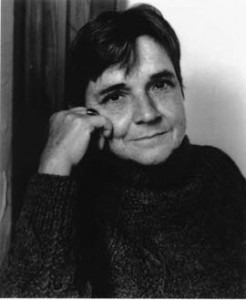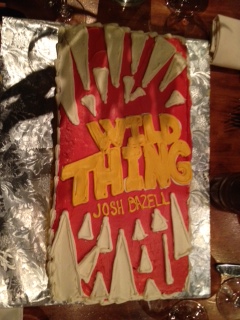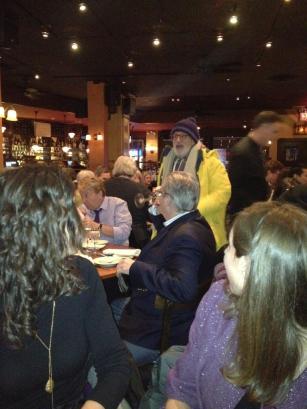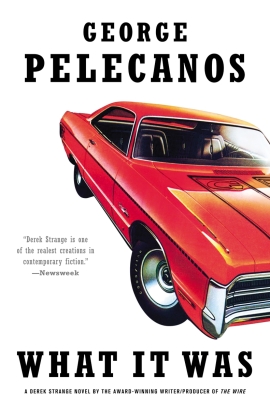
“I can’t write a poem that transcends my own limits, though poetry has often pushed me beyond old horizons, and writing a poem has shown me how far out a part of me was walking beyond the rest.” –Adrienne Rich, Someone is Writing a Poem
As a student, I fell hard for the poetry of Adrienne Rich. I went to college assuming I would study to be a pre-school teacher, graduate, and move back home to be near my parents, the shores of Lake Huron, and Michigan horse country where I had spent so many wonderful years as teenager. But then I experienced the sort of awakening I now know is a cliché of the college experience: I took a Narrative Theory class my freshman year and suddenly the turmoil of my identity was illuminated, and given a name. Books–the very same vehicles that delivered me from the loneliness of middle school into the worlds of magic, secret gardens, and first love—were revealed to be elusive and powerful equations, weapons of revolution, tools by which we could bring equality to the world and fully inhabit our humanity. I dug into those tough theories and was dazzled by the words I could suddenly understand. I had never been great at math, but unlocking these dense, layered texts gave me some clue of how empowering it might feel to solve a calculus problem. The trouble with narrative theory, though, is that it doesn’t go over in day-to-day conversation well. Once you start talking about gender as “performative” or about society’s obsession with “heteronormative narratives,” your Dad kind of tunes you out.
And that’s where Adrienne Rich is a genius: her work communicates a complex, progressive set of ideals in plain, resonant language. To the casual reader, she paints lucid pictures of New York, of nature, of love. To the ardent feminist, she articulates an agenda of change that’s often too hard to put into words, especially words that anyone who isn’t already bound to the cause might be interested in reading. I didn’t become a pre-school teacher, but went into publishing instead, hoping to find and bring into print work that does what Adrienne Rich taught me was possible. Stories and language that connect our struggles to understand the self, and the subversive politics of our history, with the problems and joys of ordinary life. With falling in love, with the lights of Times Square, the window looking out at the Verrazano, the rituals of housekeeping, the work of building a doorframe. A good book can deliver unexpected revelation to the most resistant reader, or build a bridge between people who may believe they have nothing in common.
I hope I honor the memory of Adrienne Rich by advocating for books: work which seeks to liberate us from our limits not through legal jargon or impenetrable academic rhetoric, but through clean, simple, personal, and moving human stories. She never lost touch with the immediacy of joy and sorrow that words could communicate, and I hope I don’t, either.

















